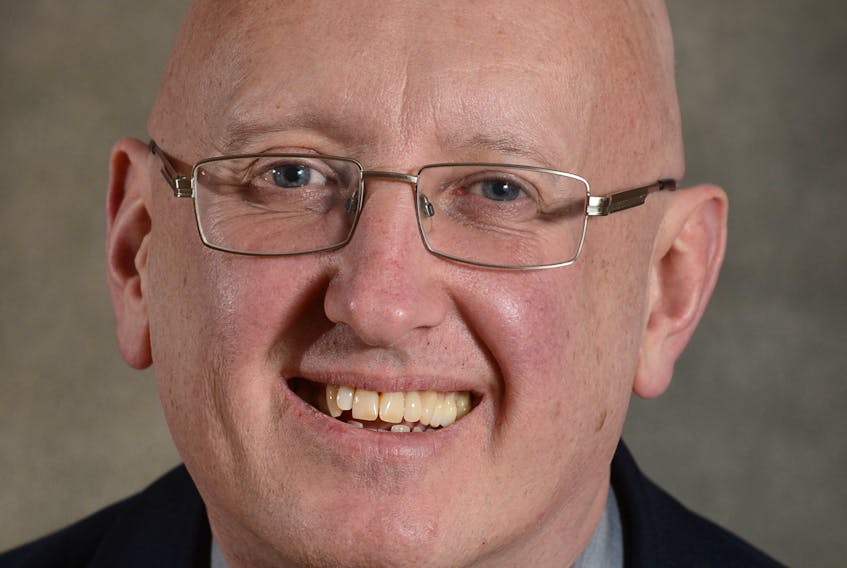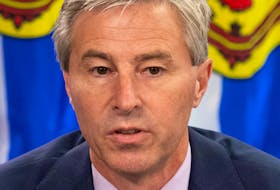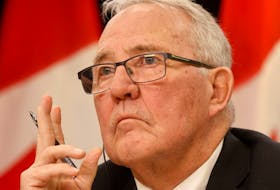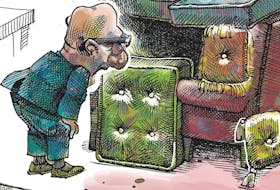There’s no need to worry about a federal election this fall amidst the second wave of COVID-19. As most people desired and expected, cooler heads prevailed in Ottawa this past weekend and Jagmeet Singh and the New Democrats will vote to support the Throne Speech introduced last week by Prime Minister Justin Trudeau and read by Governor General Julie Payette.
In this speech setting out the government’s priorities for this latest session of parliament, the Liberals promised to continue to fight the pandemic by ramping up COVID-19 testing capacity while investing in ongoing vaccine research.
Other highlights included:
* A promise to create over one million new jobs in the near future;
* An extension of the Canada Emergency Wage subsidy (where Ottawa covers up to 75 per cent of wages for businesses that have lost revenue due to the pandemic) to next summer;
* An orderly phase-out of the Canada Emergency Response Benefit (that provided Canadians who were out of work due to COVID-19 with $2,000 per month) with most eligible recipients of the CERB moving to the regular Employment Insurance program. A new program, the Canada Recovery Benefit will cover those employees ineligible for EI, namely the self-employed and “gig” workers;
* A commitment to establish a Canada-wide early learning and childcare system;
* A commitment to establish a national, universal pharmacare program;
* A commitment to find new ways to tax extreme wealth inequality.
The estimated total cost of extending and revamping the various COVID-19 emergency measures was pegged at $37 billion.
NDP support for this Throne Speech was gained when the Liberals agreed to ensure that anyone moving to the EI system or the new Canada Recovery Benefit would still receive $2,000 per month coverage, and that the federal government would guarantee two-week sick leave benefits to all Canadians for the duration of the pandemic.
And where does all of this leave federal finances?
It is expected that newly-minted Finance Minister Chrystia Freeland will give another economic update sometime over the fall, supplementing the one produced by former finance minister Bill Morneau back on July 8.
That one in July was an eye-opener. Three months ago the federal deficit for 2020 was expected to rise to $343.2 billion (15 per cent of Gross Domestic Product), compared to a deficit of just $34.4 billion in 2019. The previous greatest deficit in Canadian history was $55 billion in 2009 due to the then Wall Street meltdown of 2008.
The vast majority of our current deficit would be accounted for by some $212 billion in direct federal support measures going to individual Canadians and businesses. The federal government was also spending tens of billions on COVID-19 health measures, while also losing over $73 billion in reduced individual and corporate tax revenues.
And now, add to these July numbers the $37 billion for the latest Throne Speech initiatives. Back in July, the federal Department of Finance estimated that total federal government debt could reach $1.06 trillion by March, 2021. That’s right, we now have to get our minds around the number of one trillion. That’s one thousand billion.
We are living in extraordinary times, akin to the financial stresses of waging a world war. Back in the early 1940s, governments racked up huge deficits and debts all in the name of winning the war. And once the war was over, such massive government spending programs were wound down, and accumulated debts were slowly paid off over decades.
That’s what we’re facing now. The current financial numbers are sobering and even scary but Canada has a huge economy valued at $1.7 trillion in 2019. We can afford to cover the costs of fighting COVID-19 and working to keep individual Canadians and Canadian businesses afloat during these terrible times. In fact, the economic costs of not offering those supports would have been economically and socially suicidal.
So we struggle on. As King George VI said back in the dark days of the London Blitz, “Keep Calm and Carry On.”
Dr. David Johnson, Ph.D., teaches political science at Cape Breton University.









